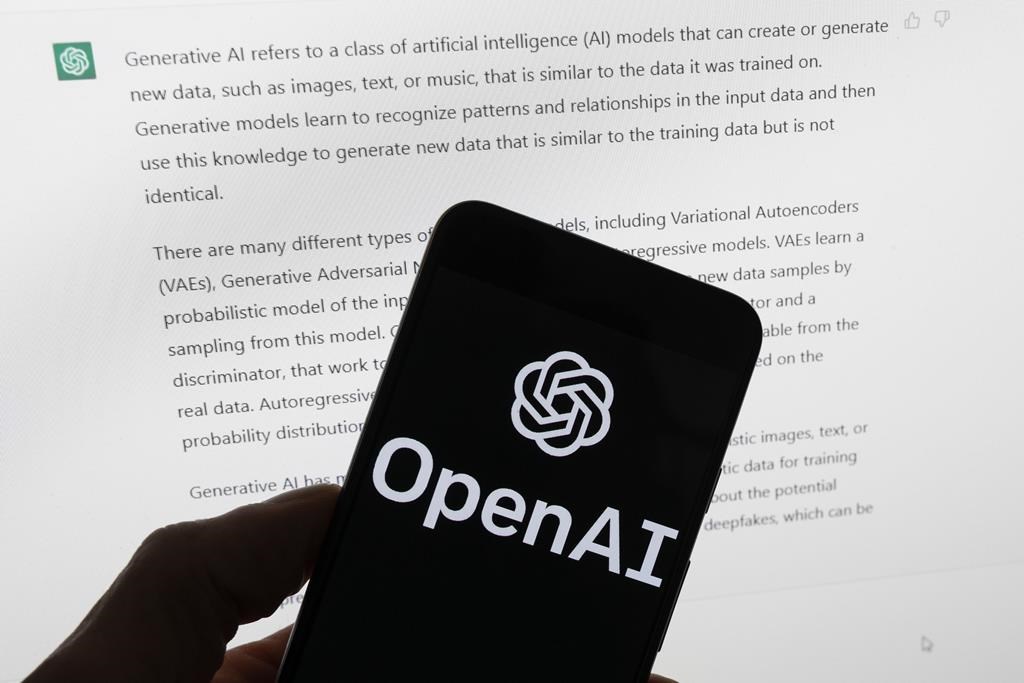A director with McMaster University tasked with exploring artificial intelligence’s (AI) impact on teaching and learning at the institution expects recommendations for dealing with it in the hands of educators by the fall.

Erin Aspenlieder with Central Programming at McMaster’s MacPherson Institute told Global News the team made up of faculty, staff and students will take a look at machine-learning technology, like Chat GPT, which continues to rapidly evolve.
The same three groups will also be the subject of a potential roadmap for AI at McMaster through queries about ethical implications, what it means for assessment and how it can be incorporated into the method and practice of teaching.
“(We’re) really taking a responsive approach to where different educators are at in with their enthusiasm and excitement,” Aspenlieder told 900 CHML’s Good Morning Hamilton.
“And wanting to make sure all faculty feel they have the autonomy to decide when and how to integrate generative AI into their teaching.”
The task force has already identified students are using it and contemplating what the technology will mean for their future in the workforce.
Aspenlieder says the technology’s recent rise so close to the pandemic is where challenges lie, particularly with staff already adjusting to remote learning.
“Faculty coming out of years of COVID and years of trying to pivot and think about their courses in different ways the pandemic brought, it’s another significant disruption,” according to Aspenlieder.
Provisional guidelines are expected to be passed on to the campus community in late June to give educators some idea on how to prepare their fall courses.






Comments